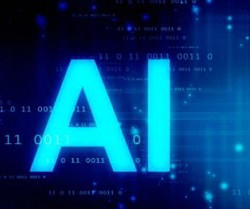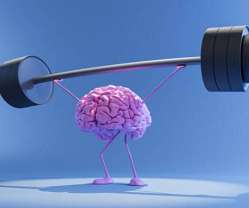Conundrum Involving The Ownership Of The Work Created By Ai
IP and Legal Filings
APRIL 20, 2023
Introduction Any literally or artistic work that is original and creative i.e.; not copied from anywhere by the owner is protected under Copyright Act, 1957. Therefore, AI may not equipped for generating an original work. The subordinate work created by the creator should have a few recognizable highlights and flavour.”












Let's personalize your content